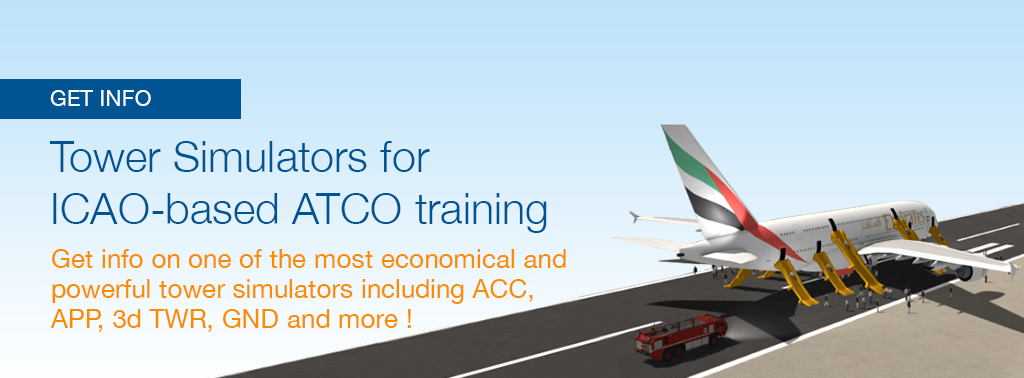SARS, Ebola, Corona - the frequency of regional or global epidemics is rising. We need to get structurally prepared on operations in times of such epidemics.
“These are truly unprecedented times,” emphasized ICAO Secretary General Dr. Fang Liu “and they are posing risks not only to the airline operator and airport profitability that most passengers would be familiar with. As COVID-19 continues to impede and diminish global mobility in all world regions, we’re also seeing very serious risks emerging to the operational viability of air traffic control systems and safety oversight systems, vital support industry segments such as ground services, repair and maintenance facilities, and other key system providers” [source].
What are the risks that we will face in the future?
In our interconnected world, epidemics will always start off, but we will learn to act faster. Early warning, and predefined escalation strategies start much quicker and better coordinated than now.
Regional lock-downs will happen quicker. Areas, perhaps even bigger parts of a country will be hermetically disconnected from the rest of the world.
Occasional flights will take place, to evacuate people or to transport infected patients from the area to another due to a lack of clinical personnel.
ICAO emphasizes the need for governmental action
On March 24, 2020, ICAO defined the need for improved coordination between governments and Air Traffic Services. The agency requested governments to "review air traffic services priorities to ensure basic humanitarian, emergency, and other COVID-19-related global response capabilities, and to have basic contingency arrangements in place especially with respect to the sustainability of the global air cargo supply chain and efficient worldwide availability of medical and hygienic supplies."
What can be done from a structural point of view?
Let us have a look at structural requirements in air traffic control and in the qualification.
Consider the cases where in concerned regions, the ATCOs are no longer in a position to fulfill their job duties, either because too many of them are contaminated or simply because they have been evacuated.
Virtual Control Centers and Expert Systems
Virtual Control Centers
We need to be able to evacuate control centers and operate them remotely. That will allow us - even in times where parts of the personnel are ill - to continue operations.
Virtual control centers are not a dream but reality. The concepts of the Single European Sky claims the ability to rapidly shift ATCO capacities between areas, e.g., when an Air Space is packed (e.g., during World Cup).
For En Route and Approach, it just requires intelligent ATC systems.
For tower control, the outside view should be simulated as well. Aircrafts with their actual position can be replaced by avatars (based on the ADS-B position data).
Expert Systems and Simulation-supported Decision Making
In times of rapid and unexpected changes, fast decision making is required. We suggest expert systems which help evaluate various scenarios.
Also we suggest to use simulation to play through various options.
Training and Qualification in Times of Epidemics
As seen in the case of the Corona-Virus, air traffic may be drastically reduced in times of epidemics. A majority of ATCO and ATSEP employees may be confined at home. During this time, people should be able to remotely attend learning tools.
The people are motivated to work, so training through distance learning will be the right tool for these times. And it is totally safe.
Operational ATC Expert System and Web-based Radar Trainers
ATC Expert System
SkyRadar offers an operational ATC system which includes an expert system, virtual ACC and APP control centers and the possibility to create virtual towers through projected avatar aircrafts.
(The system can also be offered as a training simulator. In that case real surveillance and navigation data is replaced by simulation).
Web-enabled Radars and Simulators
SkyRadar's training radars and simulators can be accessed from externally, as SkyRadar's FreeScopes User Interface is browser based.
Students can be self-learning independently or study in the context of a guided curriculum, managed by Learning Management System (LMS) such as Moodle.
References
- Improved coordination and awareness urged as COVID-19 impacts continue to be felt worldwide (March 24, 2020), by ICAO





